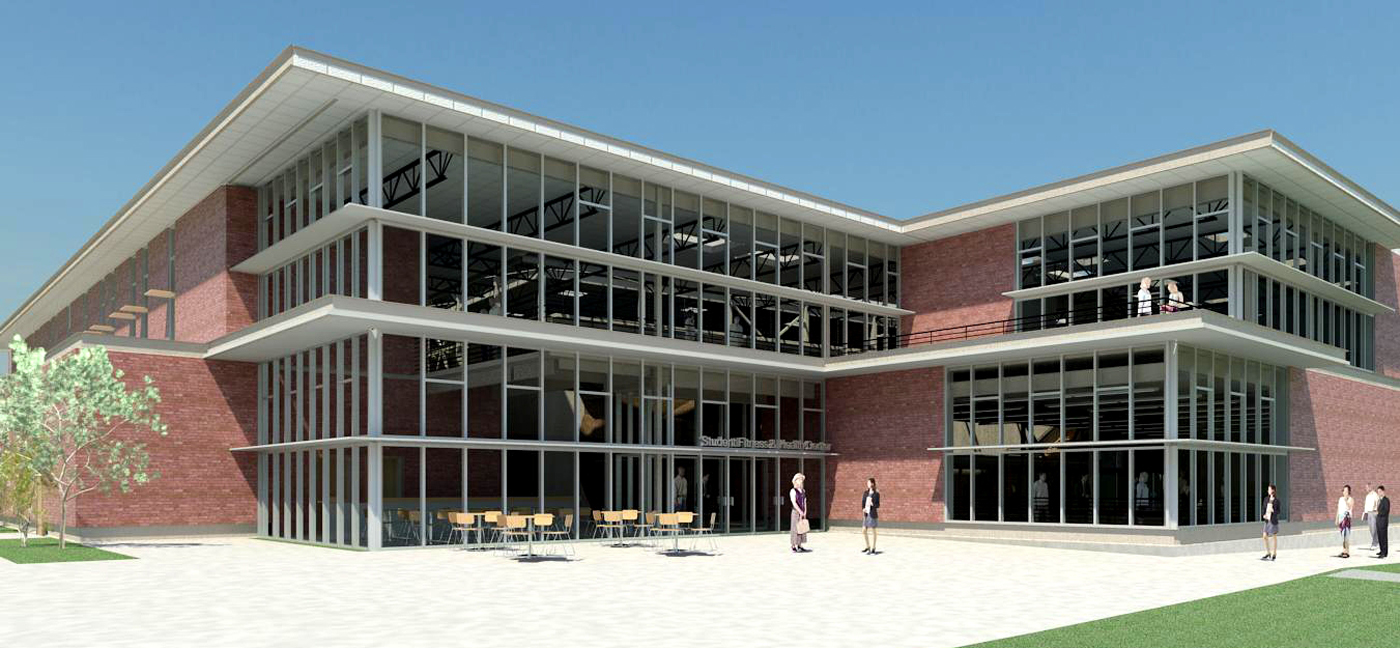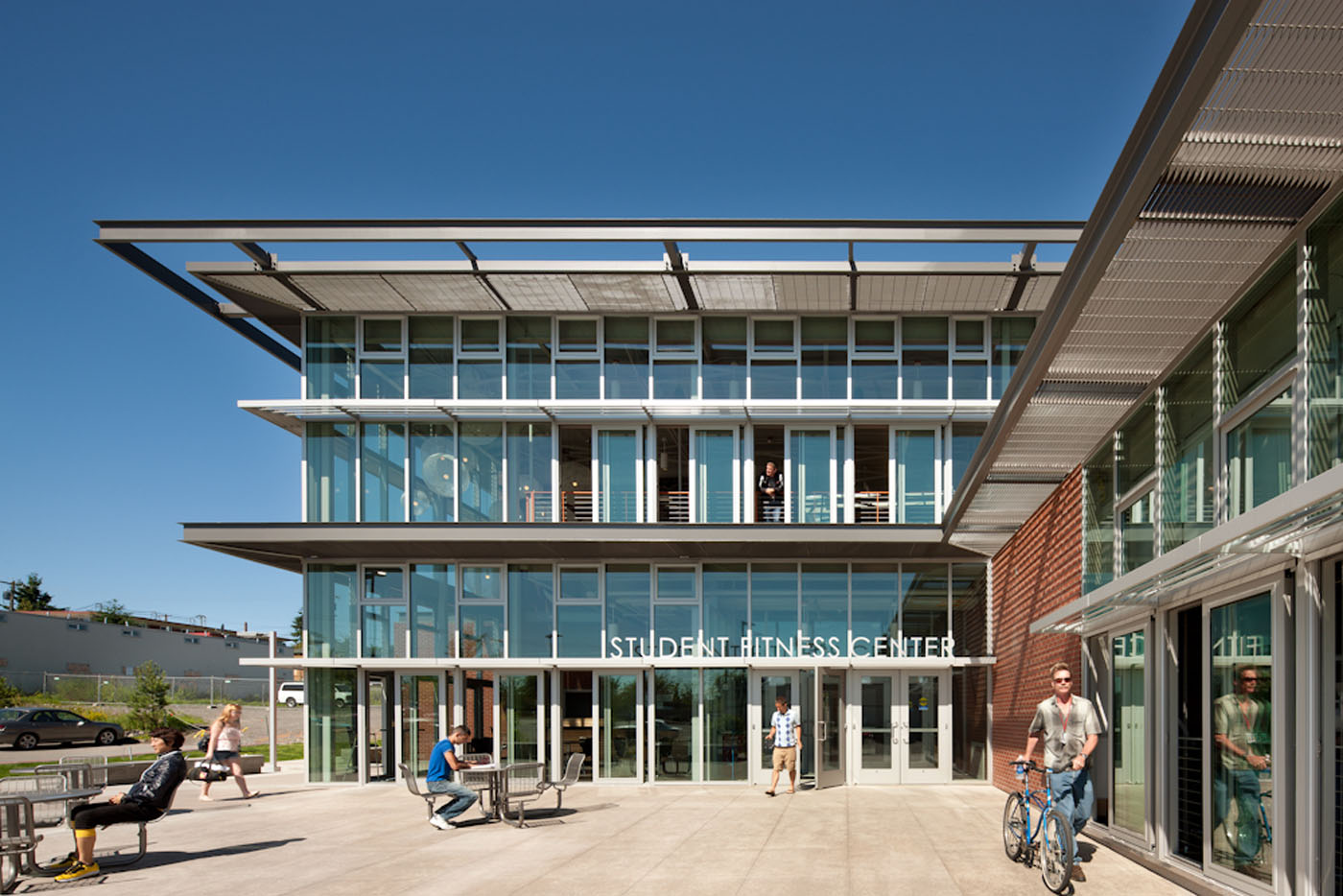Everett Community College
A survey of the structure, physiology, adaptations, and life cycles of animals. Laboratory includes a study of microscopic forms, dissection of more advanced invertebrates, and selected vertebrates including frog, fetal pig, and perch. Field trip identification of local fauna is included as one of the course objectives. Course fulfills one semester of a laboratory science for students who have interest in or desire to pursue studies in zoology, wildlife, marine biology, and ecology. (3 lecture, 3 laboratory hours) Laboratory fee applies.High school biology, high school chemistry (or equivalent, such as ), successful completion of all remedial English and remedial reading requirements.: This is the first course in the of -110 sequence. This sequence is intended for students majoring in the sciences, including the health sciences, and secondary science education. These courses cover the basic concepts of biology that are derived from the study of living things. In the first semester, emphasis is placed upon the molecular and cellular levels of life. Topics such as cell structure, metabolism, molecular genetics, cell division and control mechanisms are discussed. The second semester deals with life on organism through the ecosystem levels. Plant and animal systems are examined in the context of their role in evolution and the environment. The diversity of life is examined in the laboratory as well as through field trip experiences. The laboratory includes a dissection of more advanced invertebrates and selected vertebrates. (3 lecture, 3 laboratory hours) Laboratory fee applies to each course. This is the second course in th110 sequence. This sequence is intended for students majoring in the sciences, including the health sciences, and secondary science education. These courses cover the basic concepts of biology that are derived from the study of living things. In the first semester, emphasis is placed upon the molecular and cellular levels of life. Topics such as cell structure, metabolism, molecular genetics, cell division and control mechanisms are discussed. The second semester deals with life on the organism through the ecosystem levels. Plant and animal systems are examined in the context of their role in evolution and the environment. The diversity of life is examined in the laboratory as well as through field trip experiences. The laboratory includes a dissection of more advanced invertebrates and selected vertebrates. (3 lecture, 3 laboratory hours) Labortory fee applies to each course








No comments:
Post a Comment